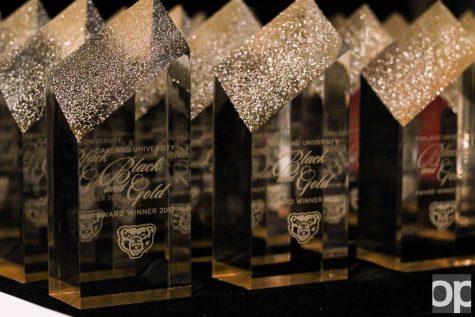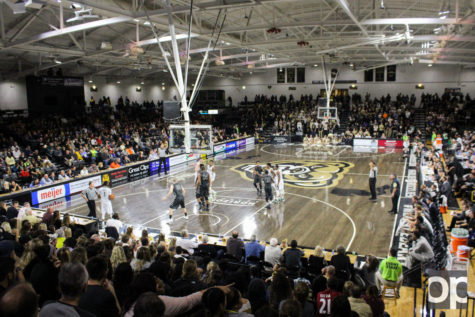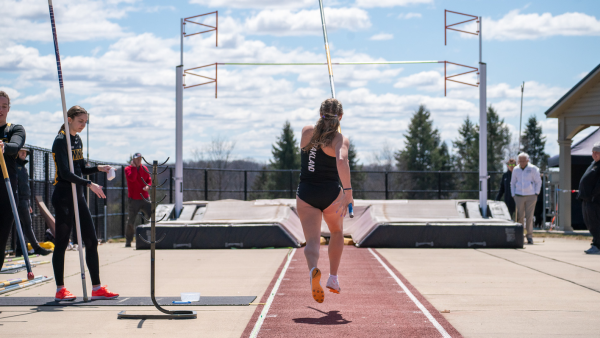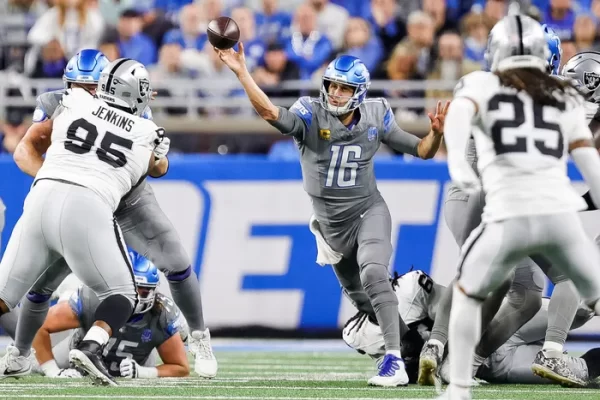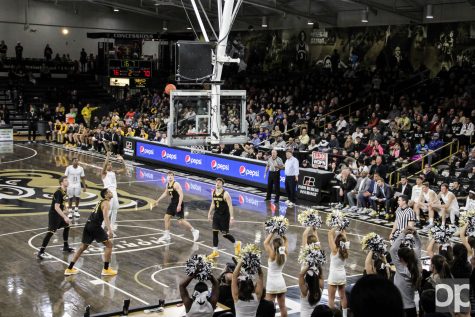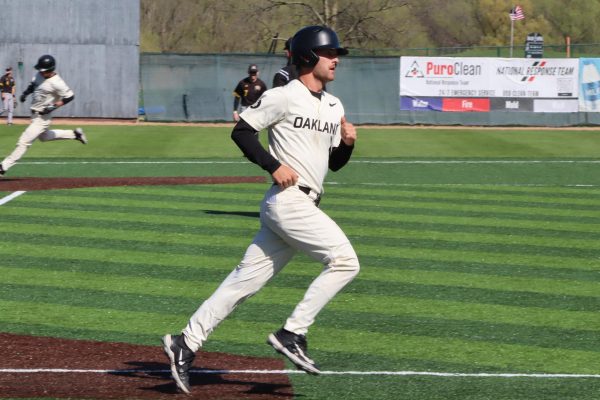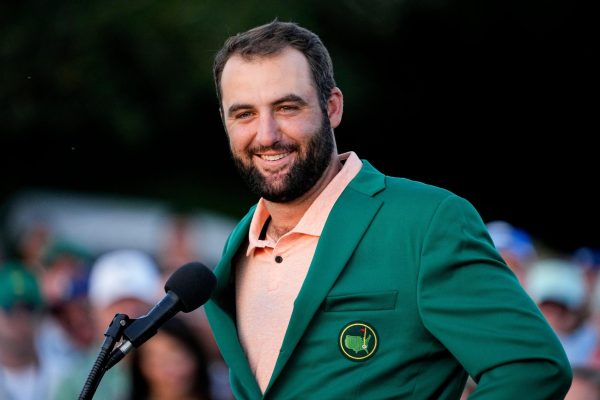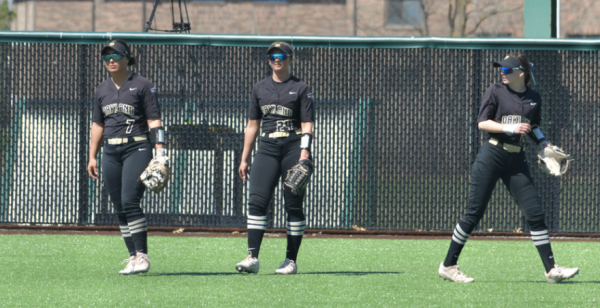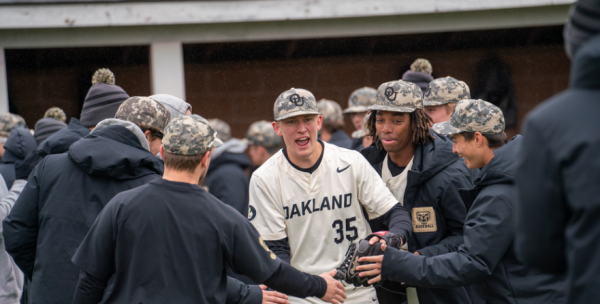Column: NCAA rules and regulations leave universities in a tough spot
Scenario A: A college coach takes a couple student athletes out for pizza and burgers in the offseason to discuss personal matters of their life. Scenario B: A college coach invites his team over to his house for a barbecue.
One of those is an NCAA violation.
Scenario A is what got former University of Utah basketball coach Rick Majerus in hot water with the NCAA and ended up getting the Utes placed on probation for three years in a well-publicized case in 2003. The team also lost three scholarships over the probation period. Majerus was guilty of having too many “impermissible meals” with his players.
For example, when former Utah player Keith Van Horn’s father died, Majerus took him out to breakfast to break the news. Also cited in the report was an “incident” in which Majerus took a student athlete out for pizza. They were discussing when the player was going to serve his Mormon mission.
The NCAA report also accused him of treating his team to tickets, popcorn, and soda to go see “Remember The Titans.”
In the report, Majerus admitted to having 20 impermissible meals with his players, all of which he said he paid for out of his own pocket and the meals averaged roughly $10 per student.
The real kicker is, had Majerus just invited the kids over to his house and had a home-cooked meal, according to NCAA rules that would have been OK.
Majerus told investigators he didn’t know the specifics of the rule.
Who would?
“I totally agree with your conclusion that the NCAA rules and guidelines are complex,” said Oakland University Compliance Coordinator Adrian Kowal, who came to Oakland this year after previously serving in the same position at Eastern Michigan University. It is Kowal’s job to communicate the rules to coaches and athletes and to ensure Oakland stays within compliance of all NCAA guidelines. It’s not an easy gig.
“While some rules are clear cut, there are others that have exceptions for different situations and still others that really fall into a grey area,” Kowal said. “With new legislation constantly being proposed, it’s imperative that athletic compliance departments keep up to date and understand what that legislation permits as well as prohibits.”
Oakland is, and consistently has been, in complete compliance with all NCAA rules and guidelines. Several other universities have not had the same success.
Follow the money
Recently, Georgia wide receiver A.J. Green was suspended by the NCAA for four games because he sold his Independence Bowl game jersey for $1,000 to a man who claimed to be a sports memorabilia collector. Turns out the man who purchased the jersey is also an agent — which by NCAA standards meant Green had made a deal with the devil.
The NCAA is a billion dollar business. Athletics at the University of Georgia, particularly football, is a multi-million dollar business. According to school records, the Georgia athletic department cleared as much as $70 million in the fiscal year of 2008 and their budget has steadily increased over the past decade.
So a kid who helped generate millions for his school and the NCAA flips his old jersey for a grand and he gets punished with a four-game suspension?
The only public explanation for Green’s suspension and the denial of the ensuing appeal from Georgia was that it “violates NCAA guidelines,” specifying that no student athletes can be involved with agents while still playing for their universities.
A message left with the NCAA office of communications seeking further comment was not returned.
Another case of a student athlete getting caught up in the wrong crowd and thus violating NCAA rules is former Oklahoma State wide receiver and current first-round pick of the Dallas Cowboys, Dez Bryant.
Bryant was suspended for his entire senior year after NCAA investigators discovered he had worked out with former NFL star Deion Sanders and talked with an agent in the offseason. When initially asked about his offseason, Bryant did lie to investigators about the meetings.
But what did he really do wrong?
He worked with a well-established professional in his desired career field and discussed his future with someone who has strong connections and marketing power within the industry. That’s called networking. All college students are encouraged to do it.
Closer to home
Then there’s last year’s discovery about the violations committed by the University of Michigan’s football program. Too much practice was the main culprit. The NCAA allows 20 hours per week for athletic practices, not including stretching and warm up time. Michigan exceeded that limit and walked a fine line between “warm up time” and full-on conditioning. Football coach Rich Rodriguez was also cited for having too many “quality control coaches” on staff.
Last March, fellow Summit League member IUPUI was pinned with multiple NCAA sanctions in 14 sports for violations that the school said occurred in 2007. The violations made public were vague and the punishment was merely a slap on the wrist. IUPUI’s athletic department released a statement on its website stating; “These violations were not intentional and were due to human error, primarily from either incorrect interpretation or application of NCAA rules. The violations were not an attempt to gain a competitive advantage.”
The most recent case of NCAA infractions came last week at the University of Tennessee, where men’s basketball coach Bruce Pearl was cited, in laymen’s terms, for making too many phone calls to recruits. Tennessee’s basketball team will take on Oakland both this season and next.
The list of schools in trouble with the NCAA goes on and on. Cheating is one thing, confusion is another. There no doubt needs to be a line drawn between the two, but right now that line is thin. Too thin.


